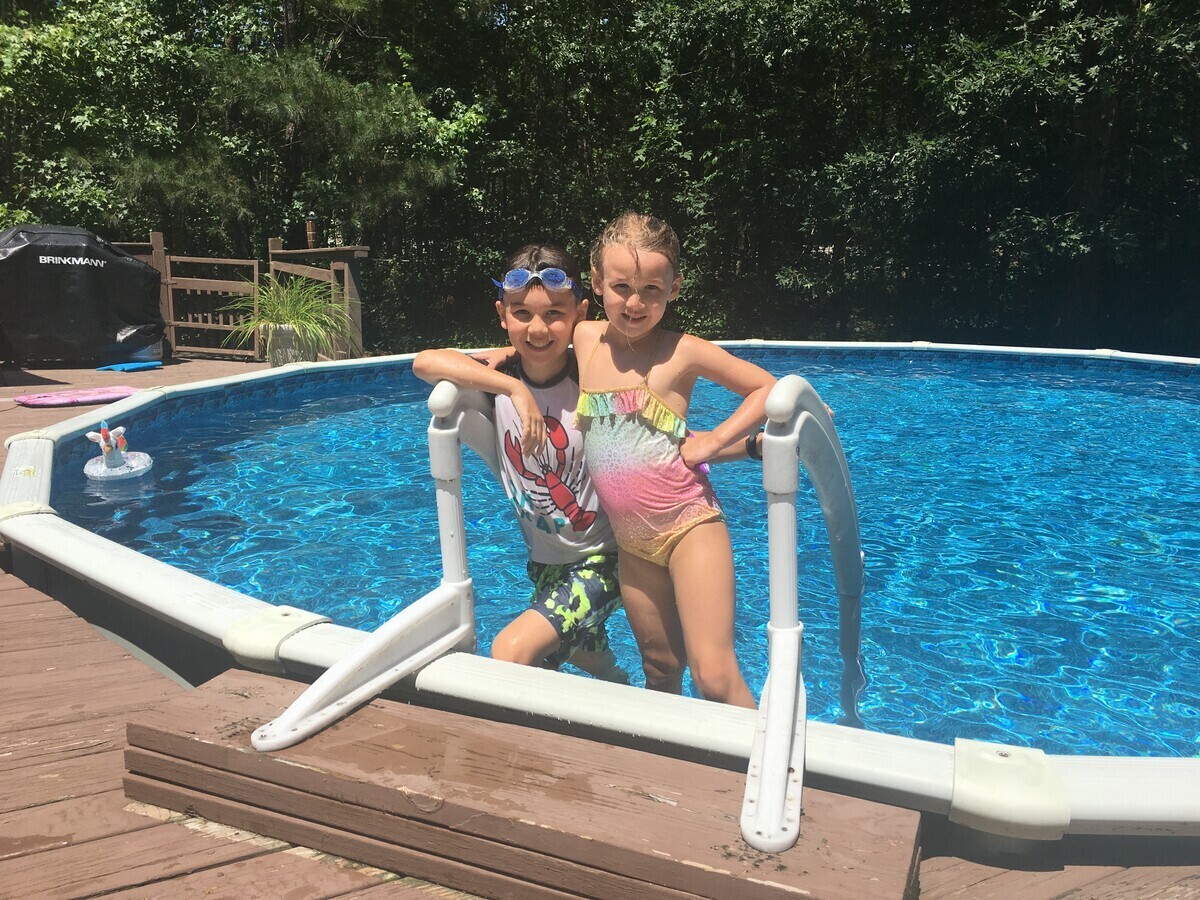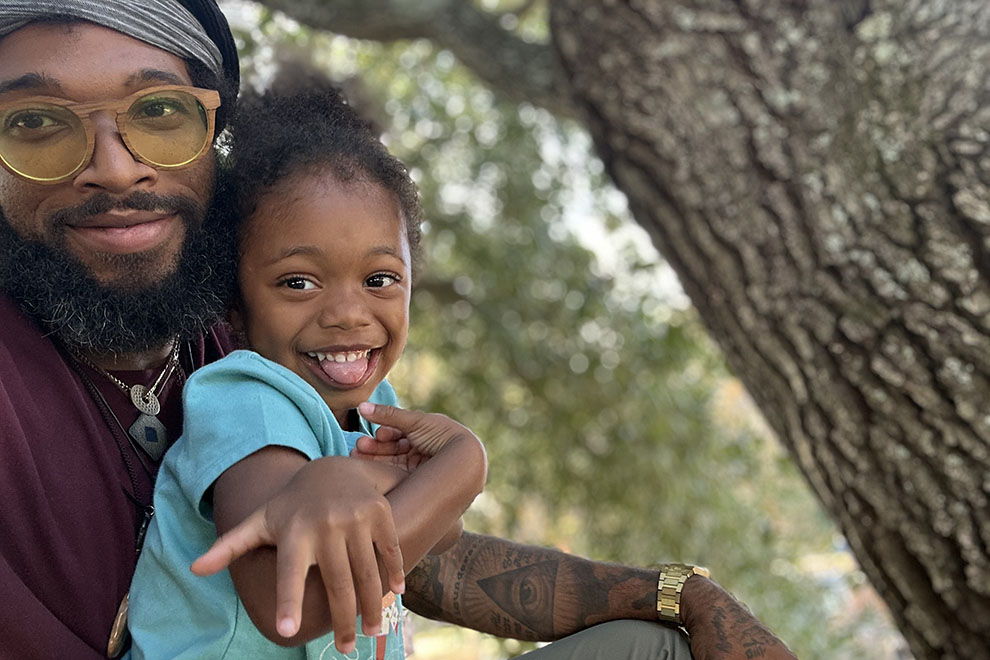Because a number of public and private pools will remain closed or have reduced hours this summer, many families are looking for new ways to stay cool. In fact, backyard pool sales are surging.
But with COVID-19 dominating the minds of many parents, experts caution that they may be unable to provide accurate supervision around those pools –a fact that could lead to dangerous results.
More than 1,000 children die from drowning each year in the U.S., and in some states, those numbers are already up this year.
Here are some tips from Nationwide Children’s Hospital to keep children safe this summer:
- More than half of pool drownings could be prevented by a 4-sided fence around the pool.
- An adult should always be within an arm’s reach of infants, toddlers and weak swimmers, and must always watch children in the pool closely.
- Use a hard cover and a lock on hot tubs when not in use.
- Swimming lessons might not prevent a child from drowning, but they can help children feel more comfortable in the water.
If you are installing a new pool this year to entertain the kids during COVID-19 – or if your yard already includes a pool – this is the year to consider adding a four-sided fence to keep children safe from drowning.
“Tragically, we know that about 70% of drownings for younger kids happen when it’s not swim time,” said pediatrician Ben Hoffman, MD, FAAP, chair of the AAP Council on Injury, Violence & Poison Prevention. “Making sure kids can’t get to water when they’re not supposed to be in the water, is the most important thing for families to consider.”
The American Academy of Pediatrics recommends fencing as the number one way to prevent unsupervised access to swimming pools. That’s even more important this year, when children will be spending more time at home, and parents and caregivers may be distracted by work responsibilities. Whether you purchase an inflatable or above-ground pool, install a new in-ground pool, or fill up a wading pool in the back yard, it’s important to plan how you will prevent children from drowning.
“Because of the pandemic, families might be tempted to go out and buy a pool, whether that’s a big inflatable pool or a little wading pool,” Dr. Hoffman said. “If you are buying a larger pool, it’s important to think about fencing or other barriers so kids can’t get to the water when they’re not supposed to be swimming. For smaller pools, be sure to empty them right after every swim time.”
The American Academy of Pediatrics is urging parents and other adults to plan multiple layers of protection to keep children and teens safe around water this spring and summer. Learn more here.





